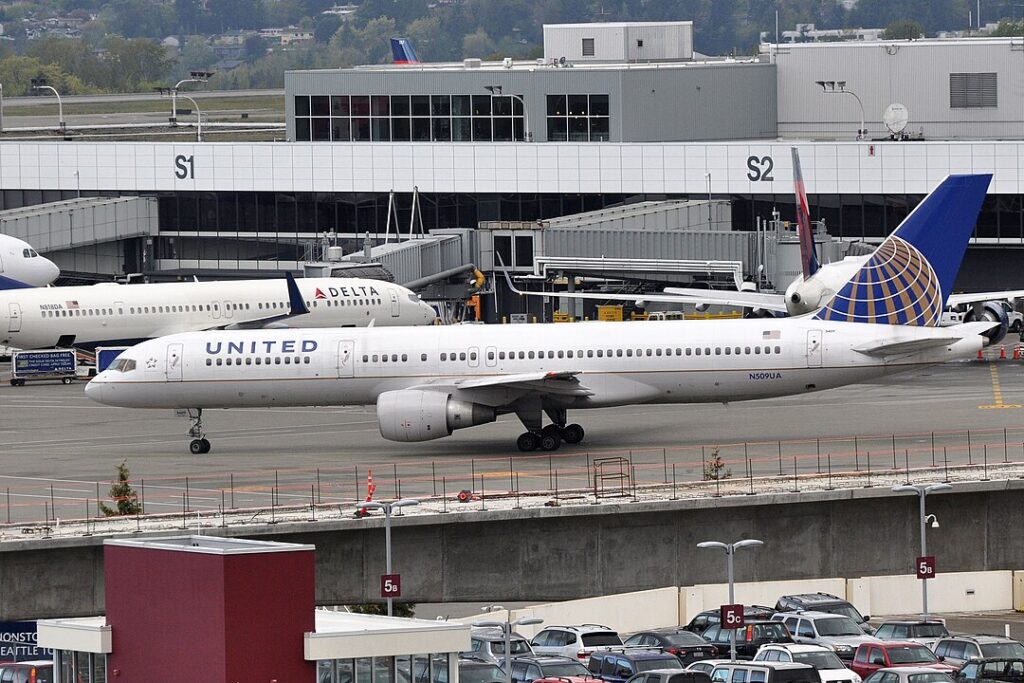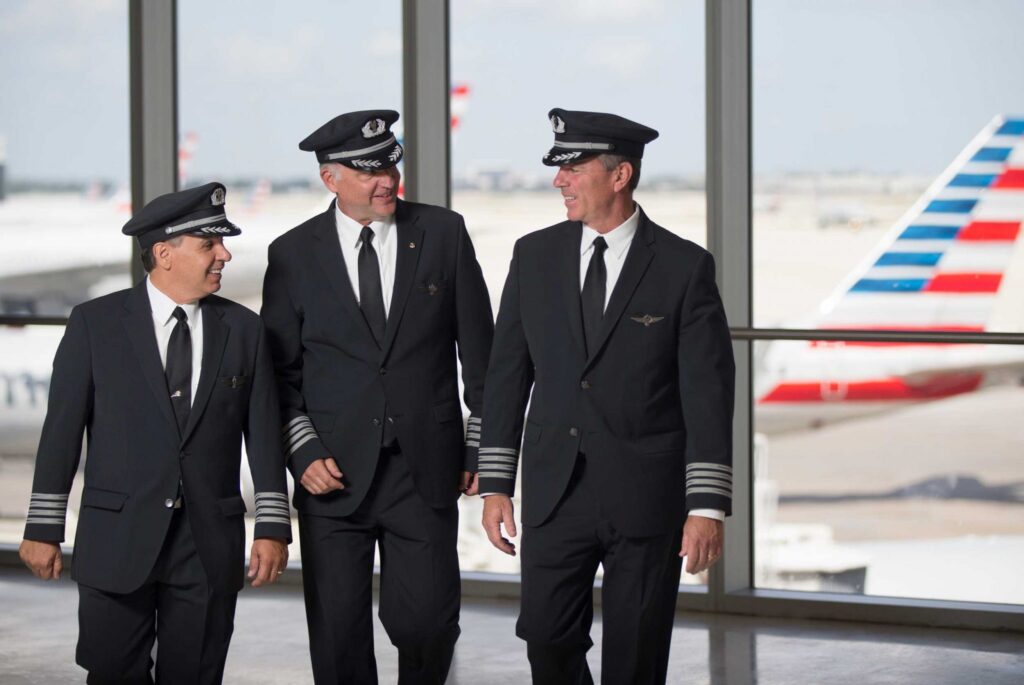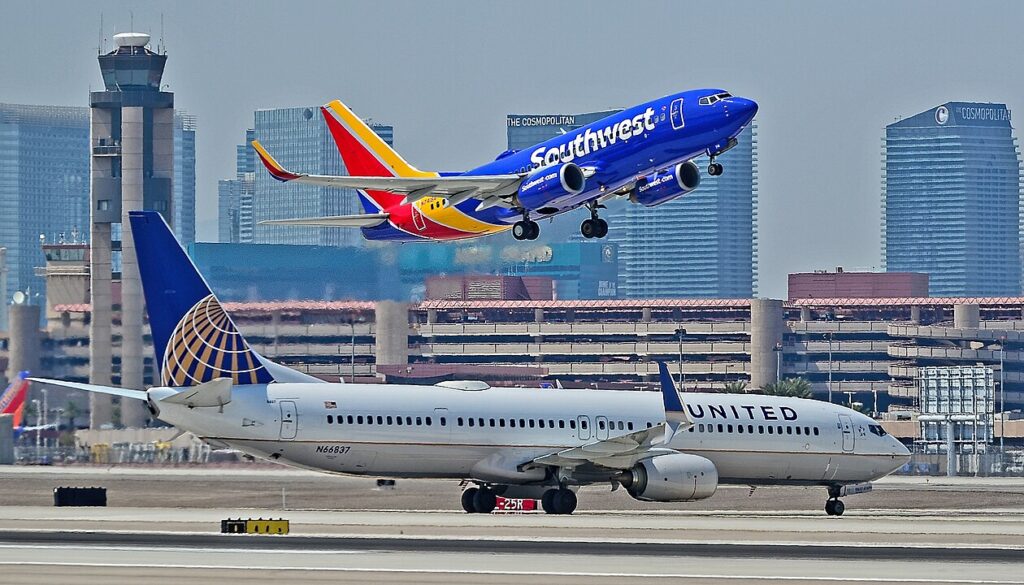UNITED STATES- As the aviation industry faces a significant shortage of pilots, airlines such as Southwest (WN), United Airlines (UA), and Delta Air Lines (DL) are grappling with finding a solution to the ongoing challenge, and FAA Reauthorization Bill can be the solution.
The shortage has prompted a Senate committee to consider easing the standards required to become a commercial pilot. Subsequently sparking a divisive debate.

FAA Bill can be Relief for Southwest United Delta and Others
The Federal Aviation Administration (FAA) reauthorization and funding bill, which requires approval from both the US House of Representatives and the US Senate, has become a focal point for this contentious issue.
The bill includes provisions that have led to a deadlock in the Senate transportation committee.
One of the proposed changes in the House version of the legislation is to allow aspiring pilots to accumulate up to 250 hours of flight time through simulator training. It is an increase from the current limit of 100 hours.
A proposed amendment to the Senate version also suggests reducing the required training hours for military and college-trained pilots by 250 hours.
Pilots must accumulate 1,500 hours of flight time before qualifying to work for a commercial airline. Military pilots need only 750 hours, while college program pilots must log 1,250 hours.

Pilots Shortage Impacts Major Airlines
The shortage of qualified pilots has led to increased costs for major airlines, including Southwest, United Airlines, and Delta.
Delta Air Lines recently set a new industry standard by granting its pilots a significant 34% pay raise in their latest contract. On the other hand, United Airlines and Southwest Airlines are still negotiating new contracts with their pilots.
The Air Line Pilots Association (ALPA), the largest pilot union globally, has voiced its opposition to the proposed training standard adjustments and the raised retirement age.
According to ALPA, raising the retirement age would not increase the pilot supply but rather displace younger pilots, introduce risk, inflate training costs, and further complicate the pilot training backlog.
The union has expressed concerns about the House bill’s commitment to aviation safety and pilot rights and its opposition to the Senate amendment proposing fewer training hours.

ALPA Advocates for Aviation Safety
The ALPA has outlined its reservations about the House bill in a statement titled “Air Line Pilots Association Has Serious Concerns About Safety Impacts of House FAA Reauthorization Proposal.”
The union stated that it is carefully reviewing the House Transportation and Infrastructure Committee’s bill. But has serious concerns about its commitment to maintaining the highest levels of aviation safety and protecting pilot rights.
The ALPA also opposes the Senate amendment, emphasizing that it would undermine the aviation safety regime.
As the debate continues, industry stakeholders, pilots, and lawmakers grapple with finding a balance between addressing the pilot shortage and upholding stringent safety standards in the aviation industry. Particularly in the face of the Southwest United Delta challenge.
Stay tuned with us. Further, follow us on social media for the latest updates.
Join us on Telegram Group for the Latest Aviation Updates. Subsequently, follow us on Google News.

